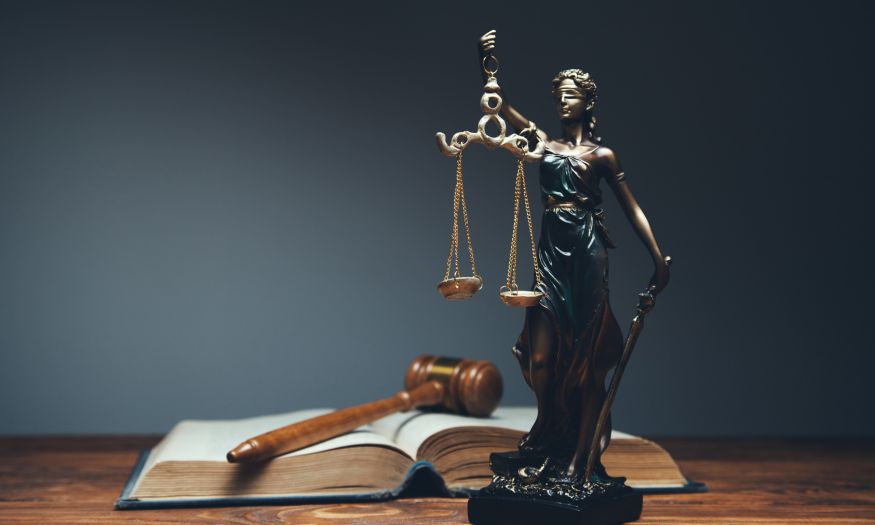Navigating the legal world can often feel like you’re learning a new language. While legal terms are essential in understanding any legal matter, they can seem confusing at first. Whether you’re dealing with a personal issue, a business matter, or simply want to be informed, knowing key legal terms can help you make sense of your situation and communicate more effectively. In this post, we’ll break down some of the most common legal terms everyone should know.
1. Defendant
A defendant is the individual or entity who is being accused or sued in a legal case. In a criminal case, the defendant is the person charged with committing a crime, while in a civil case, the defendant is the party accused of causing harm or damage to another party. Understanding this term helps clarify who is involved in the case and their role in the proceedings.
2. Plaintiff
The plaintiff is the person or party who brings a lawsuit against someone else in a civil case. This individual is seeking compensation or other forms of relief due to harm or damages they’ve suffered. In a criminal case, this would typically be the government or state, representing the interests of society in prosecuting the defendant.
3. Settlement
A settlement refers to an agreement reached by the parties involved in a dispute before the case goes to trial. Instead of continuing with formal proceedings, the parties agree on terms that resolve the dispute, often involving compensation, or specific actions that will be taken. Settlements can save time, costs, and the unpredictability of a court decision.
4. Verdict
A verdict is the decision reached by a judge or jury at the end of a trial. In a criminal case, it indicates whether the defendant is guilty or not guilty, while in a civil case, it determines whether the plaintiff is entitled to compensation and how much they should receive. Understanding this term is crucial because the verdict marks the conclusion of a legal proceeding.
5. Appeal
An appeal is the process of challenging the decision made by a lower court or tribunal. If one party believes that a mistake was made in the legal proceedings, they can request a higher court to review the case. An appeal doesn’t involve a new trial but focuses on whether the law was applied correctly. Knowing this term can help you understand the process of seeking a different outcome if you disagree with the initial decision.
6. Contract
A contract is a legally binding agreement between two or more parties. It outlines the terms, responsibilities, and expectations of each party and can be enforced in a court of law if one of the parties fails to fulfill their obligations. Contracts are used in a variety of scenarios, from business transactions to personal agreements, and understanding the key elements of a contract can help avoid disputes.
7. Liability
Liability refers to the legal responsibility for something, such as damages or harm caused. If a person or organization is found to be liable, it means they are legally accountable for their actions or inactions. In many legal cases, determining liability is a key factor in determining the outcome, especially in situations like personal injury or breach of contract.
8. Subpoena
A subpoena is a legal order that requires someone to provide evidence, documents, or appear in court. In legal proceedings, a subpoena can be used to compel a witness to testify or to present important documents that are relevant to the case. Understanding how subpoenas work is important, as they can be a critical part of gathering evidence or ensuring someone’s attendance at a hearing.
9. Damages
Damages refer to the compensation that one party may be entitled to if they win a case. In civil cases, damages are typically monetary, awarded to the plaintiff to compensate for the harm or loss they have suffered. There are different types of damages, including compensatory, punitive, and nominal, each serving a different purpose in terms of providing relief.
10. Injunction
An injunction is a court order that requires a person to do something or refrain from doing something. For example, a court might issue an injunction to stop someone from continuing harmful actions like trespassing or disclosing confidential information. This type of order helps maintain the status quo and prevent further harm during the course of legal proceedings.
Conclusion
While these terms only scratch the surface of the legal language, they are fundamental to understanding legal matters and proceedings. Whether you’re involved in a legal case or simply looking to familiarize yourself with common terminology, knowing these terms can provide clarity and help you navigate legal situations with confidence. Stay informed, and you’ll find that understanding legal terms isn’t as daunting as it may seem!

